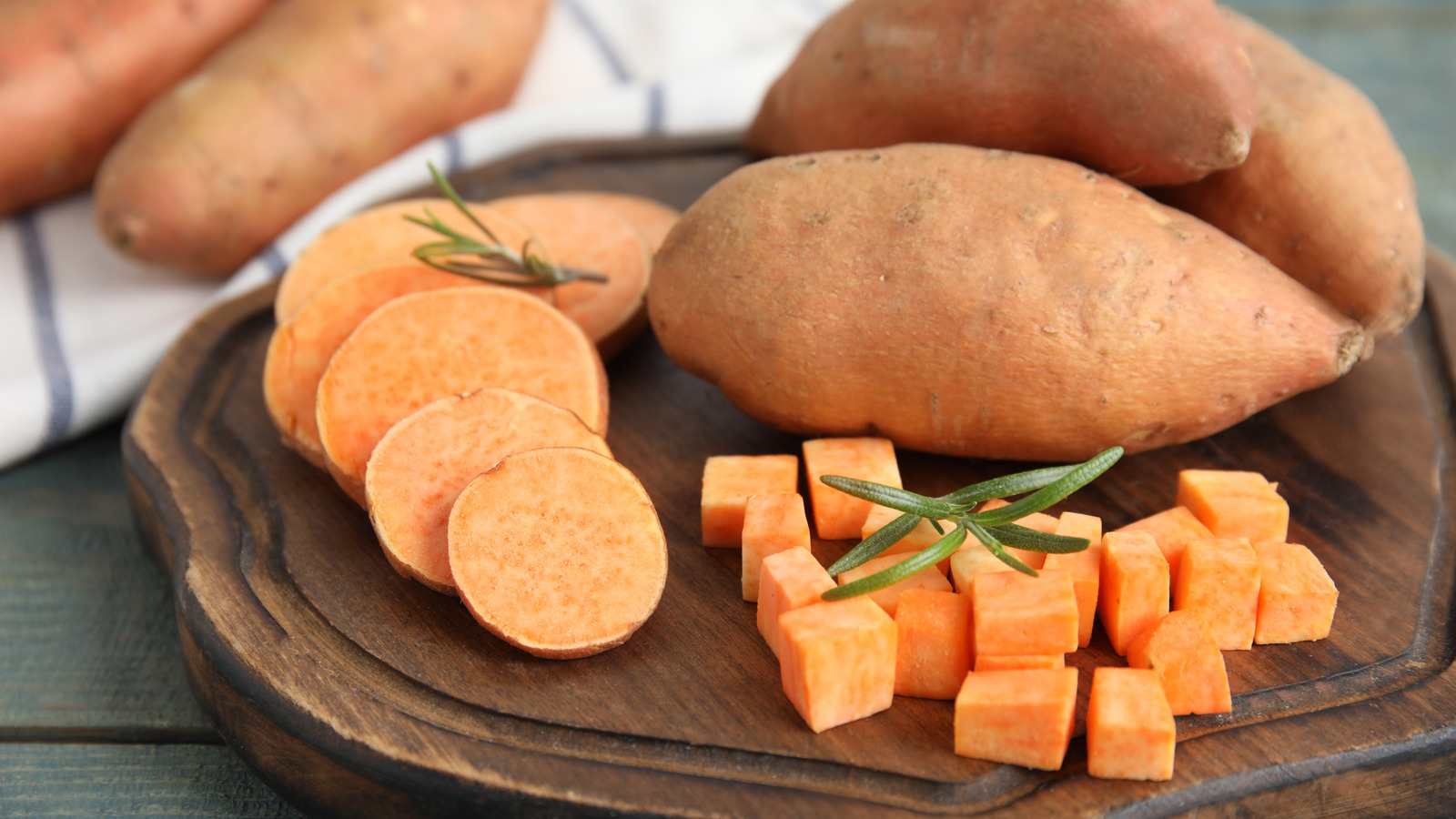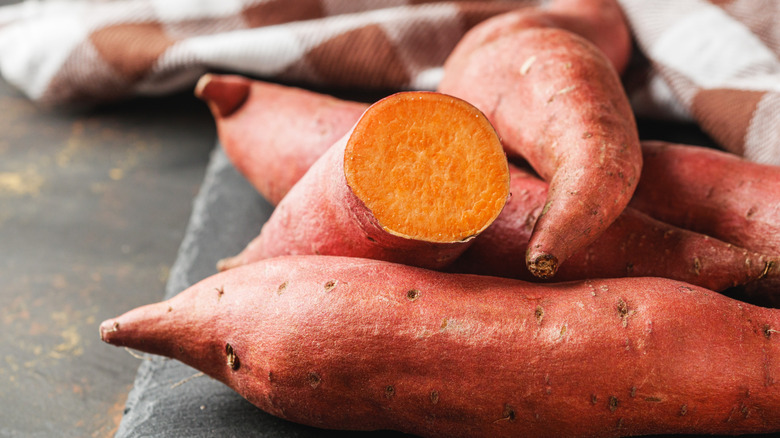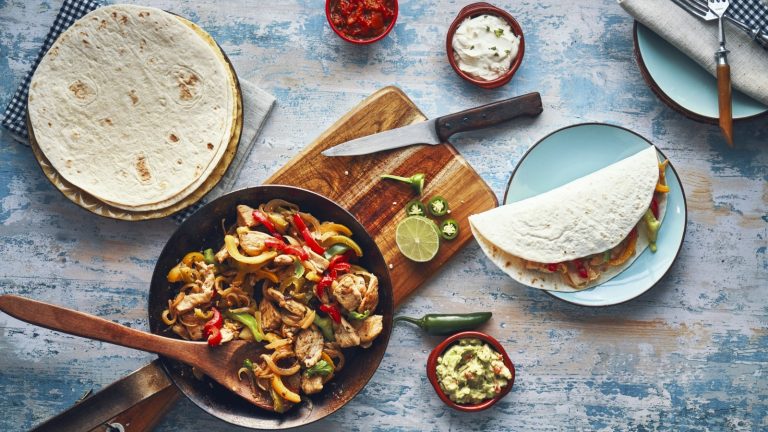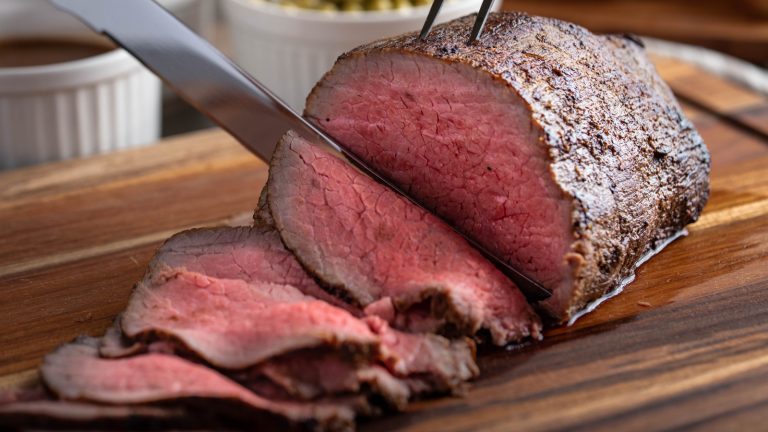When it comes to gluten-free swaps, most people reach for the usual suspects — rice flour, almond meal, corn tortillas. But sitting quietly in your pantry or produce drawer is a surprisingly versatile MVP: the sweet potato. Whether roasted, mashed, sliced, or blitzed into flour, sweet potatoes are redefining the gluten-free game, one delicious substitute at a time.
At its core, the beauty of sweet potatoes in gluten-free cooking lies in their dual identity: starchy enough to hold structure, yet naturally sweet and earthy enough to bring big flavor. If you have been navigating gluten-free life on autopilot, consider this your wake-up call. From toast to tacos to brownies, sweet potatoes are the sneaky all-rounder you never knew your kitchen needed.
Sweet potatoes can be used whole, sliced, or ground into flour — and in each form, they do more than just fill a gluten-free gap. Take the trend of sweet potato toast: thinly sliced, roasted rounds that become the ideal vehicle for your favorite toppings. Think almond butter and banana for breakfast, or smashed avocado with a sprinkle of chili flakes for lunch. It’s not just pretty; it’s packed with nutrients and way easier to digest than most gluten-free breads that often rely on gums and additives.
Sweet potatoes in different forms work well
Sweet potato flour is the underrated star of alternative baking. Mild in taste and rich in fiber, it works like a dream in pancakes, muffins, and even pizza dough, offering just the right amount of structure without the crumbly fallout that plagues many GF baked goods. Want to bake a gluten-free cake without a dozen specialty flours? Sweet potato flour’s got your back.
And don’t underestimate the humble mashed sweet potato either. Mixed into gluten-free gnocchi dough, it adds body and natural binding without needing any wheat derivatives. Bonus: the vibrant color turns any dish into an instant Instagram darling.
There’s a reason sweet potatoes consistently show up in healthy and allergen-friendly recipes. Their high starch content gives structure where gluten usually does the heavy lifting, while their natural sweetness can reduce your need for added sugars. They are also packed with vitamin A, fiber, and antioxidants, making your gluten-free swaps not just tolerable, but legitimately tasty.
Of course, like with all things in the kitchen, technique matters. Cooking sweet potatoes the right way — not over-boiling, under-roasting, or skipping the seasoning — is key to unlocking their full potential.
So, whether you are gluten-free by choice or necessity, sweet potatoes are more than just a Thanksgiving side dish. They are a pantry power player ready to transform your everyday cooking. With zero gluten, and zero compromise!






